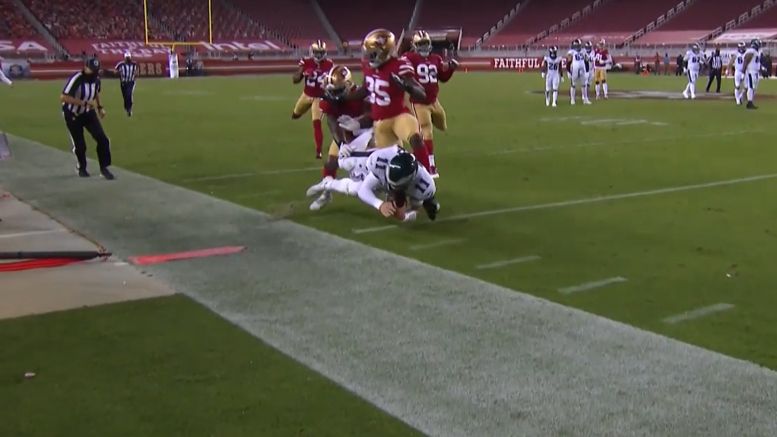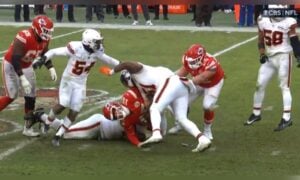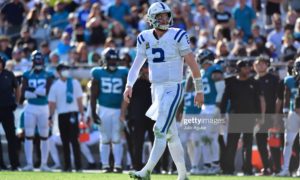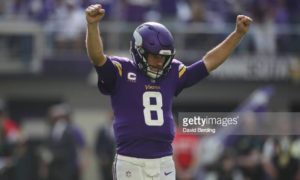In an offseason that has hardly even begun, things certainly have already been active in short order, with some of the bigger moves in recent years taking place. Because it doesn’t get bigger than the quarterback position, and we had yet another one on the move a month out before trades can even take place.
Adam Schefter reported earlier today that the Pittsburgh Steelers’ cross-state rivals, the Philadelphia Eagles, are trading quarterback Carson Wentz to the Indianapolis Colts. While this move was not a surprise, it still makes an impact when it lands.
The Eagles used a second-round pick just last year on Jalen Hurts, who eventually got an opportunity to start late in the season, and showed some flashes. The Colts were in need of a quarterback themselves after Philip Rivers announced his retirement.
A former second-overall pick back in 2016, Wentz showed the makings of a franchise quarterback by his second season. Though he ended up on injured reserve, he helped lead the Eagles to their first Super Bowl title in 2017, with Nick Foles taking them through the postseason run.
Injuries became a pattern for Wentz, however, and his play had declined in recent years, to boot. The 2020 season may have been his worst to date, particularly in regard to being able to adequately protect the ball, both in his arms and when it leaves his hand. The Eagles drafting a quarterback, of course, indicates they were not entirely surprised by the divorce.
That doesn’t mean that it won’t sting, however. They will be eating the largest amount of dead money for a single player in NFL history, amounting to $33.8 million. Ironically, the previous record was also set this offseason.
That stemmed from the Los Angeles Rams’ trade for former Detroit Lions quarterback Matthew Stafford, which sent 2016 first-overall pick Jared Goff the other way. That came with a dead money charge of $22.2 million, which looks like pocket change in comparison.
And what did the Eagles get for this? Their compensation is a third-round draft pick in the 2021 NFL Draft, and a conditional second-round pick in 2022. That selection would elevate to a first-round selection if Wentz plays 75 percent of the team’s snaps during the year, or at least 70 percent while taking the Colts to the postseason.
Indianapolis does have an above average roster who advanced to the postseason a year ago, so as long as Wentz can play even tolerably well and protect the ball, the conditions of the pick are very obtainable.








